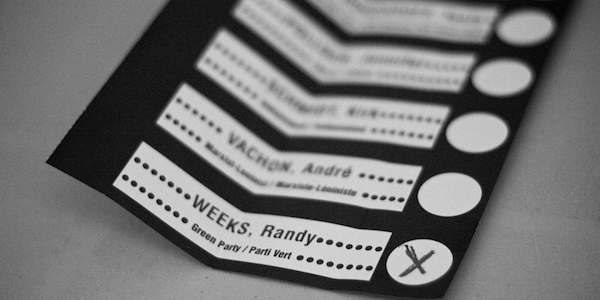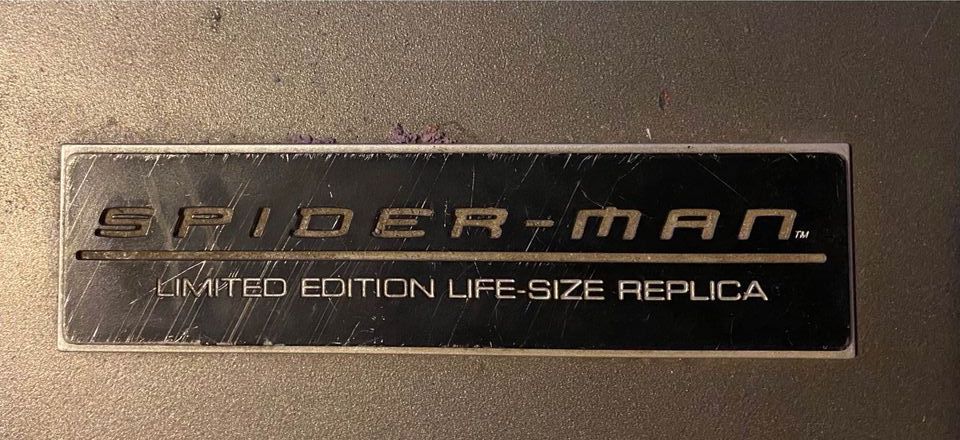I’ll be at the Glazer Children’s Museum’s Birthday Bash this Saturday, September 25th! (There may even be an accordion performance or two.)
What’s the Glazer Children’s Museum?

The Glazer Children’s Museum is Tampa’s children’s museum, located in downtown Tampa. It’s the home of a lot of interactive exhibits, hands-on activities, and space to run around, climb, read, and make friends.
Children’s museums are important. They provide a place to learn and explore interests through hands-on experiences and activities. When you’re young, nothing expands your mind like interactivity that engages all the senses, and that’s something that children’s museums do very, very well.
The Glazer Children’s Museum’s mission is to serve the children of Tampa Bay by providing a clean, safe, and fun outlet for imagination and discovery.
What’s the Glazer Children’s Museum’s Birthday Bash?
In September 2010, the Glazer Children’s Museum first opened its doors to children and their families, and it’s time to celebrate the Museum’s 11th birthday!
The birthday bash will take place in Curtis Hixon Park, which is right in front of the Museum this Saturday, September 25th, from 10:00 a.m. to 6:00 p.m.. There will be fun, play, surprises and special guests, including:
- 501st Legion (Yes, there will be Stormtroopers!)
- Arts4All
- Barrington Bolts Middle School Jazz Band
- Be the Hamster
- Bill Edwards Foundation
- Brandon Academy Rock Band
- Bucs Cheerleaders + Captain Fear
- CARD
- CBHC
- Cinco Soccer
- Clearwater Jazz Holiday Youth Band
- Coda Sounds
- Costumers With a Cause
- Crisis Center of Tampa Bay
- The Dalí Museum
- Dialed in Golf Solutions
- Ilene Lieber + Zooey
- Florida Department of Transportation
- The Gay Men’s Chorus of Tampa Bay
- Glazer Vision Foundation
- Learn & Play Tampa Bay
- Paws for Friendship
- Rooted in Play
- Tampa Bay Parenting Magazine
- Tampa Downtown Partnership
- Tampa Hackerspace
- Tampa Bay Water
- Teens in Action
- UnMonsters™
- WMNF
- Zubrick Magic Theater
There will also be a sensory-friendly birthday bash on Sunday, September 26 from 10:00 a.m. to 1:00 p.m.!
How can you make a reservation?
Reservations are FREE, but if you can do so, you can make a donation to help support the work that the Glazer Children’s Museum does.
Want to know more about the birthday bash? Here’s the Glazer Children’s Museum’s page for the event.
Follow these links to make reservations:





















